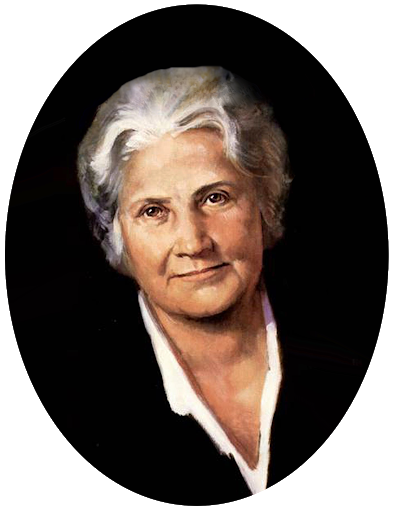Role of the Teacher

Maria Montessori wrote that, “In brief, the teacher’s principle duty in the school may be described as follows: She should explain the use of the material. She is the main connecting link between the material, that is, the objects, and the child. This is a simple, modest duty…” Maria Montessori believed that the role of the teacher was to have a strong knowledge of the material, maintain order in the classroom for the child, act as a “guardian angel” of minds to allow the child to work in peace, and to observe and give lessons as needed.
I have been the lead teacher in a Montessori Early Childhood classroom for the past 11 years. I became passionate about the Montessori Method because it so closely resembles my own philosophy of education. My vision of education is one of discovery, of making learning a hands-on interactive process. I am not the kind of person who can memorize or recite facts. I need to see, touch, smell, and fully experience a concept before I can learn. Education, in my mind, does not require a “teacher”, but rather a desire to learn. My belief has always been that the role of a teacher in education is to facilitate learning. The teacher must make available the things a child needs, make learning a positive experience, and nurture the development of a life-long love of learning. A teacher is not a fount of knowledge, but instead develops problem solving skills by saying, “I don’t know. How do you think we could find the answer?” A teacher truly knows the child, can engage the child with things that interest him or her, and can assess their readiness for new experiences.
Over the past few weeks, I have been trying to think of ways to support families who are now trying to educate their young children at home. Right now many of you are the teacher in your child’s life. This can seem overwhelming, but hopefully learning more about Montessori education can help prepare you to be your child’s guide. My hope is that this blog helps to answer some questions, offers support, and provides resources and ideas.
Montessori says to the teacher, “The secret of good teaching is to regard the child’s intelligence as a fertile field in which seeds may be sown, to grow under the heat of flaming imagination. Our aim therefore is not merely to make the child understand, and still less to force him to memorize, but so to touch his imagination as to enthuse him to his inmost core.”
